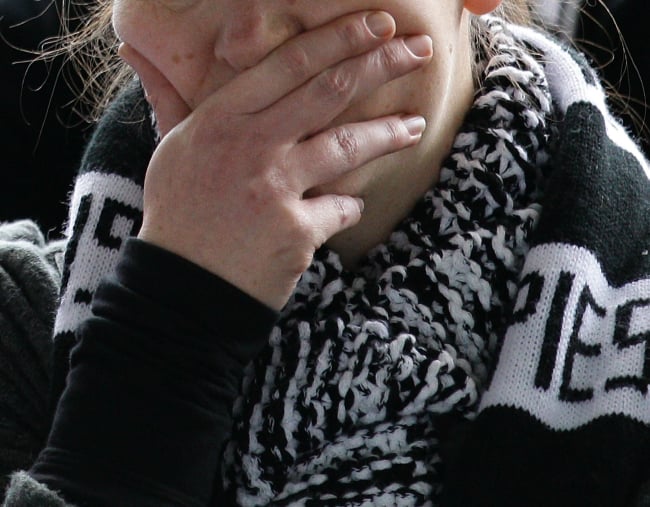
Authors:
David Gallant, Research Fellow, Department of Social Work, University of Melbourne.
Professor Cathy Humphreys, Professor of Social Work, University of Melbourne; Co-chair of MAEVe, Melbourne Research Alliance to End Violence Against Women and their Children.
This weekend is one of the biggest weekends on Australia’s sporting calendar with the grand finals of both the Australian Football League (AFL) and National Rugby League (NRL) to be played.
Last year these finals attract a TV audience of more than 6.9 million. But as we head into what should be a wonderful spectacle of sport, there is a group of women and children who will be experiencing intense anxiety and nervousness across the long weekend – not because of what is happening on the field but rather because of the events that occur off the field.
They won’t be watching the TV and attending BBQs with excitement and light-hearted good humour. They will be feeling fear in anticipation of assault.
While major events like these bring us together to celebrate our Nation’s great sporting culture, there is growing evidence that big sporting events can be a time of increased risk for women and children because of men’s use of violence.
The OutLoud team ask, ‘Why aren’t more people outraged by the conduct of NRL player Matt Lodge?’ Listen below.
Just ahead of Saturday’s AFL Grand Final, Victoria Police Chief Commissioner Graham Ashton warned that police are braced for a 20 per cent increase in family violence incidents after the game.
